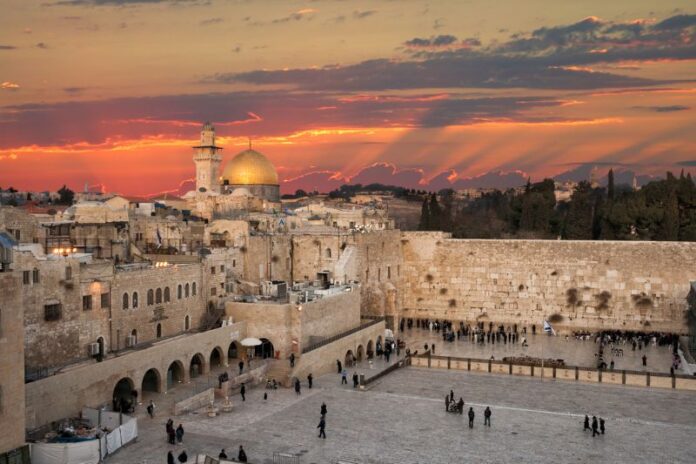Winston Churchill’s proposition that “democracy is the worst form of government, except for all others that have been tried” has picked up support in recent years, courtesy of two of the world’s foremost democracies. The United States and Israel, which have much in common generally, have each given democracy skeptics plenty of cause for skepticism, each emerging from elections that, however democratic, produced results that were god-awful.
Our 2016 presidential election was a fair one, but America’s system of disregarding the actual popular vote in favor of a questionable Electoral College resulted in the election of a narcissistic nightmare, a pathological con man, a Hindenburg Disaster on two legs. Israel’s recent parliamentary election, in which the raw vote was closely divided between center-left and center-right, produced a coalition government dominated by autocrats, fanatics and homophobes, with a prime minister under criminal indictment maneuvering to rejigger Israeli democracy to avoid a trial that could land him in jail.
If the two nations have a saving grace, it lies in the nations themselves. America’s judiciary and free press managed to hold the line against Donald Trump, albeit just barely. Israel has an equally free press and, for the moment, at least, an independent judiciary whose authority trumps that of the government. But what Israel also has going for it is an extraordinarily vibrant, passionate civil society, comprised of individuals and institutions whose intention in the face of a dreadful parliamentary coalition is to not go quietly.
Crowds of as many as 200,000 protesting the government have assembled in Tel Aviv on successive Saturday nights, the proportionate equivalent of about 7 million Americans.
Israel benefits from a society with an abundance of commitment to strengthening the country’s social fabric. If there is a country with a greater number of social justice entrepreneurs per capita, it would be surprising.
Among the institutions that serve as engines for pluralism in Israel is the University of Haifa, which serves approximately 18,000 students from every stratum of Israel’s diverse society. Approximately 45% of the University’s students are Arab Israelis, and this is no accident. When professor Mouna Maroun, the University’s vice president and dean of research and development, began studying psychology there over 20 years ago, about 6% of the student body was Arab, and Arab Israelis doing graduate work were nowhere to be found. “When I started graduate studies in psychobiology,” says Dean Maroun, “I was the only Arab student (in the department), and this was the same for other departments. No Arabs.”
Maroun is pleased with what has been accomplished to promote enrollment of Arab Israelis and to boost their advancement at the university and beyond. “The (Israeli) Government understood the potential of integrating the Arab population,” she says, “creat(ing) a holistic program to encourage Arabs to pursue their studies. This program started in high schools to increase awareness of the importance of higher education, to encourage them to study fields in which Arabs are underrepresented and to move on to graduate studies.”
Maroun is proud of what she and her colleagues have achieved and are achieving. “For me,” she says, “the greatest achievement is that the University of Haifa is integrating the highest percentage of Arab students, empowering them and creating the new middle class, one which will have equal opportunities.”
University President Ron Robin reinforces Dean Maroun’s point. “In addition to a well-defined academic mission,” he says, “we are driven by a social mission as well. We approach education in general, and higher education in particular, as a vehicle for social mobility. We seek to expand access to the middle class by opening our doors to socially peripheral groups in Israel.”
The University of Haifa is a source of pride in Israel, but it is representative of an extremely rich number and variety of social actors committed to ensuring pluralism and democratic values there. It’s a reminder that, as in our own country, there’s plenty to worry about, but also reason to think that this, too, shall pass.





























